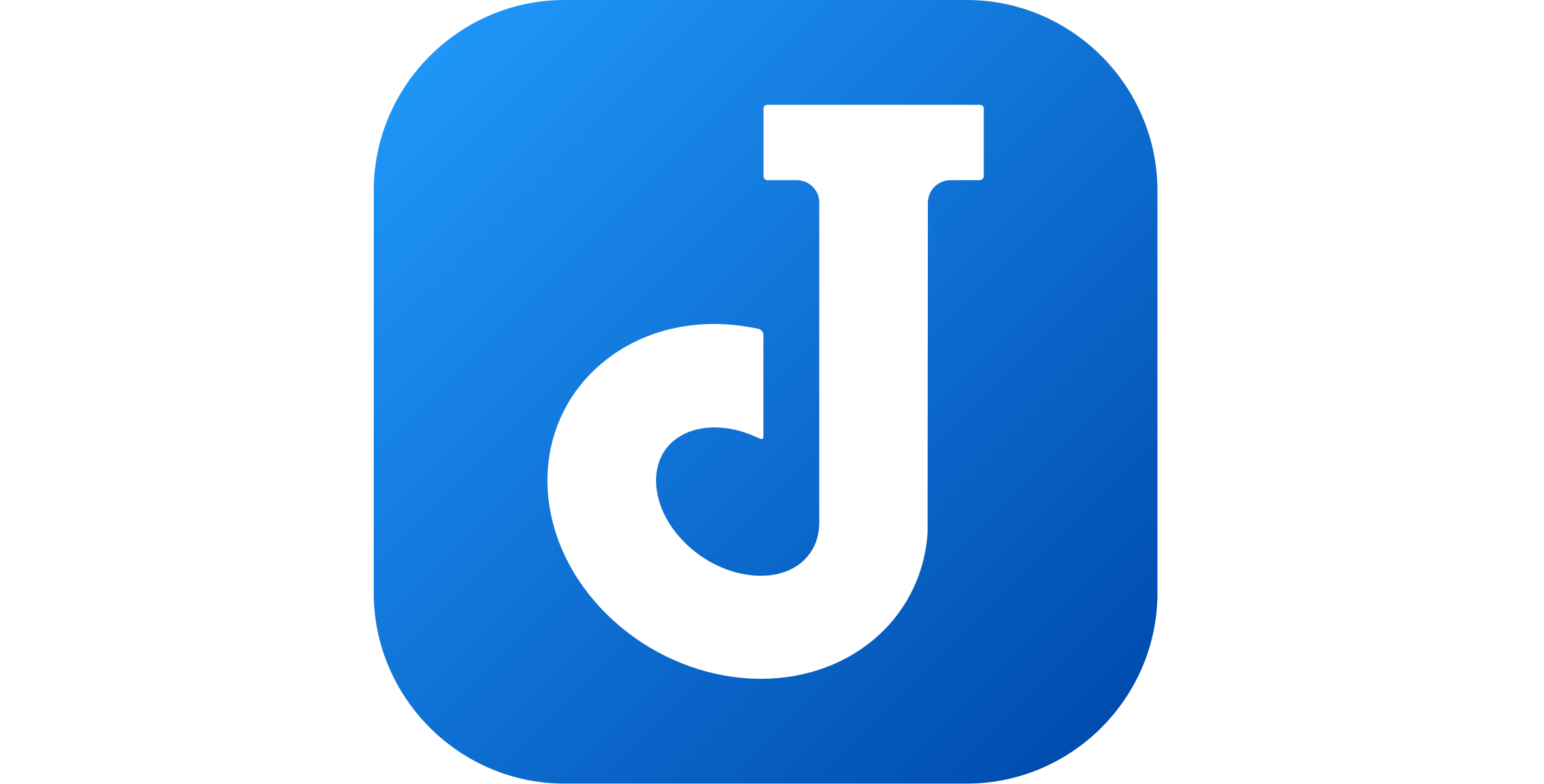Interviewing for Practice
The first programming day job I had was actually a lateral move. I interviewed for the job as a door and window installer and left the job as a programmer. I spent 6 years at that job and the last 3 years thinking I needed another. But I wasn’t sure I was good enough to make it through an interview process and get one. So I don’t count this job as the first because I never went through the hiring process.
The hiring process can be intimidating. Even more so if the job description says it requires a 4 year degree and all you have is a G.E.D. which most programming jobs do. I finally did answer the call from a recruiter out of necessity. I wasn’t going to get a raise at the first job and my divorce meant I need to make more money into the future. I had to make a move.
I was nervous at first but I liked to write code and talked about that. And I got the job. I actually got the next two jobs in a row I interviewed for after that before I ran into a company that said they were going to pass.
After a while, I decided I would go on interviews even when I was happy at my current job, for practice, to keep my self familiar with the process. Every few months, if a recruiter sent me a job that seemed interesting, I would go on the interview.
I even went on interviews where I knew I had a snowballs chance in hell, because I thought I had the same chance when I went on that first interview. And I didn’t have a clue. So I even interviewed for a director’s role once. Bought a suit, prepared myself, went through the process and bombed. Because bombing even teaches you something. It teaches you to brush yourself off and move on.
And what did practicing interviewing live do for me. It made interviewing a little easier. I got to know how different companies interview process varied. I got to know how to answer questions posed by people who would be my boss and how to answer questions posed by people who would be my peers. I learned a lot that you don’t learn from books that teach you how to ace an interview.
But the biggest thing I learned was how not to be nervous. I got used to interviewing. If I bombed at one interview, I knew there would be more. And by the time a job I really wanted would come up, I would be ready. It gave me a chance to experiment with how I answered questions and how I acted during the process.
It also taught me how to say no. If I didn’t feel like moving jobs at the time and I actually got the job, I would have to turn it down. And sometimes, that was actually the hardest part.
This industry hasn’t changed much since I’ve been working in it. You will get a good paycheck, sometimes one that’s even bigger that your bosses, once you have the skills. So raises are hard to come by. And the best way to get a raise is to get another job. And practicing your interview skills will keep you ready.




